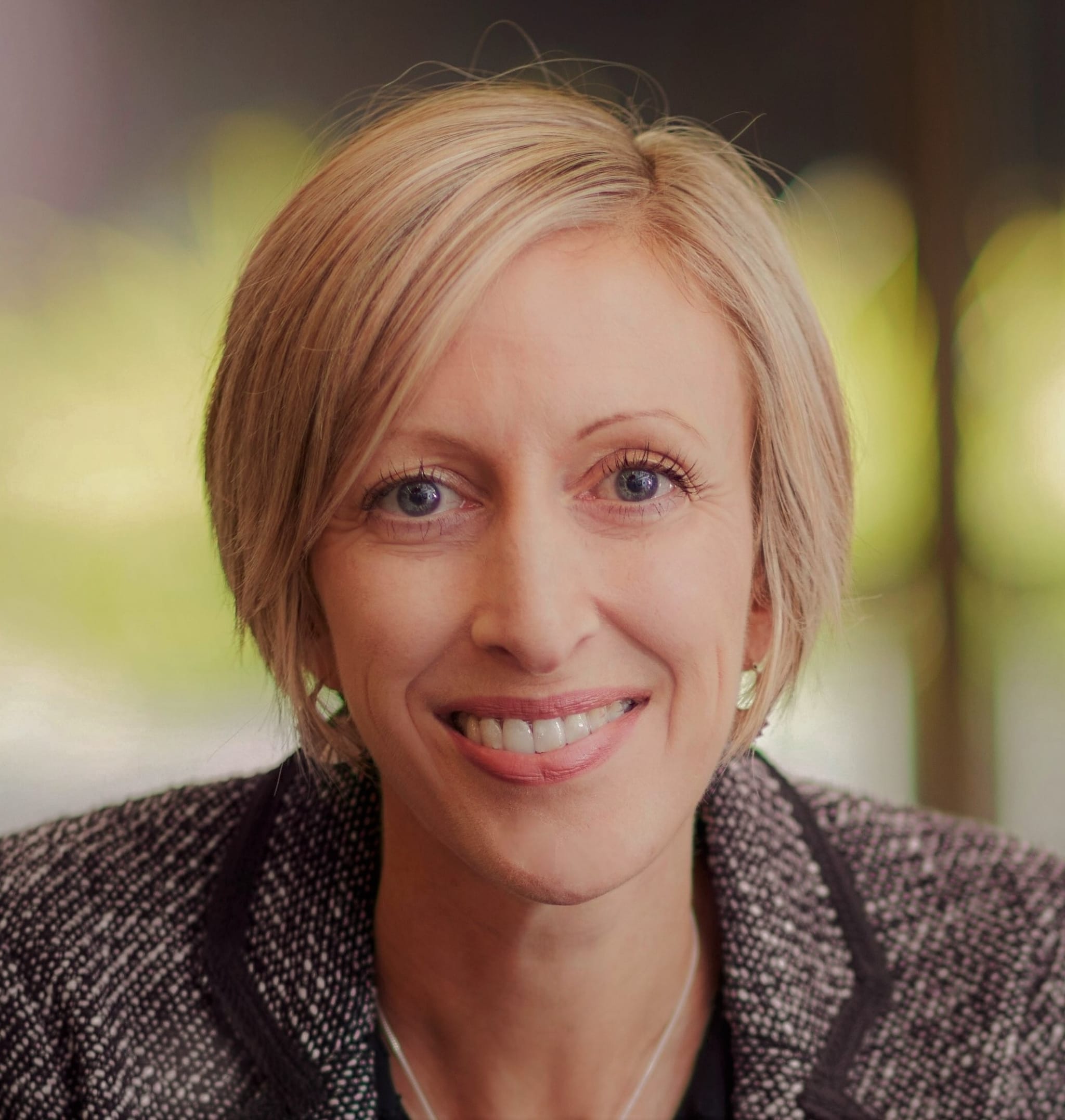How Aussie home prices have changed amid interest rate hikes
It comes as the latest quarterly Consumer Price Index (CPI) was unveiled on Tuesday, showing a 2.4% annual rise in the December quarter, a decrease from 2.8% in the September quarter.
These results are within the Reserve Bank of Australia's (RBA) inflation target of 2% to 3%, leading to widespread speculation that the RBA might cut rates under such conditions.
Financial markets now forecast a 95% probability of a rate reduction to 4.10% at the upcoming RBA meeting in February, strongly suggesting that the anticipated cut is imminent.
This news will be well-received by variable rate mortgage holders, who have faced higher payments since May 2022, straining household budgets and causing financial stress for many homeowners.
'Will home prices continue to grow in 2025?': youtube.com/mortgagechoice
Despite the financial challenges posed by high interest rates in recent years, home prices in most Australian suburbs now exceed their levels prior to the initial rate increase.
Thus, while mortgage holders have been paying more monthly, their home equity has continued to grow.
By the end of 2024, median house prices in nearly 80% of suburbs nationwide were higher than before the first rate hike in May 2022, with 68% of suburbs seeing higher median unit prices.
Regions where 100% of suburbs have experienced median house price growth include Greater Perth and Regional WA.
Brisbane, Regional QLD, and Regional SA are nearing a 100% success rate too.

Conversely, Melbourne, Hobart, and Canberra have fewer positive growth suburbs for houses, with just one in five Hobart suburbs increasing in value since May 2022.
For units, a similar trend is observed, with most suburbs in capitals and regional areas of SA, QLD, and WA experiencing growth.
Meanwhile, unit prices in Melbourne, Sydney, and Darwin have struggled, with only 34% of Melbourne suburbs seeing median increases during this period.
Predictably, the suburbs with the largest median price growth are predominantly in Adelaide and Perth, with one region in WA featuring among the top 10.
Median house prices in Elizabeth Downs, Adelaide, surged by 89% from May 2022 to December 2024.

Post-pandemic, low stock in Adelaide's northern suburbs has driven demand, sparking interest even in previously less popular, affordable areas.
Camillo, Parmelia, and Armadale lead Perth suburbs in growth, with median house price rises of at least 80%.
Suburbs recording negative growth were largely located in VIC and NSW capitals and regions, such as Oakville, Smythes Creek, and South Lismore.
For unit price growth, leading suburbs during this period were mainly in Adelaide, Brisbane, and Perth. Edge Hill in Cairns topped the list with a 97% rise since May 2022.
Suburbs with the largest median house price growth since May 2022
Suburb |
Region |
Median price May 2022 |
Median price December 2024 |
Percentage change since first rate shift |
| Elizabeth Downs | Greater Adelaide | $264,000 | $500,000 | 89% |
| Camillo | Greater Perth | $301,000 | $565,100 | 88% |
| Parmelia | Greater Perth | $310,000 | $580,000 | 87% |
| Armadale | Greater Perth | $295,000 | $550,000 | 86% |
| Hillman | Greater Perth | $327,000 | $609,500 | 86% |
| Orelia | Greater Perth | $310,000 | $574,000 | 85% |
| Davoren Park | Greater Adelaide | $255,000 | $471,000 | 85% |
| Elizabeth North | Greater Adelaide | $245,500 | $443,250 | 81% |
| Rangeway | Rest of WA | $150,000 | $270,500 | 80% |
| Medina | Greater Perth | $286,500 | $515,000 | 80% |
Suburbs with the largest median unit price growth since May 2022
Suburb |
Region |
Median price May 2022 |
Median price December 2024 |
Percentage change since first rate shift |
| Edge Hill | Rest of QLD | $195,000 | $385,000 | 97% |
| Salisbury East | Greater Adelaide | $242,500 | $462,500 | 91% |
| Slacks Creek | Greater Brisbane | $245,000 | $450,000 | 84% |
| Woodridge | Greater Brisbane | $210,000 | $385,300 | 83% |
| Kelmscott | Greater Perth | $270,000 | $490,000 | 81% |
| Waterford West | Greater Brisbane | $235,000 | $421,000 | 79% |
| Orelia | Greater Perth | $165,000 | $295,000 | 79% |
| Hillcrest | Greater Brisbane | $277,500 | $490,000 | 77% |
| Logan Central | Greater Brisbane | $198,500 | $350,000 | 76% |
Unit prices in Salisbury East, Adelaide, climbed by 91%, while Slacks Creek and Woodridge increased by 84% and 83%, respectively.
Though initial interest rate hikes drove prices down, the market soon stabilised, with buyer and seller activities fuelling price increases.
Homeowners with mortgages have faced higher repayments since May 2022; however, most have also benefited from rising property values during this time.
The anticipated first rate cut, likely in February, is expected to boost buyer and seller confidence, potentially invigorating the market as more people perceive it as a favourable time to engage in transactions.
This article first appeared on realestate.com.au and has been republished with permission.


